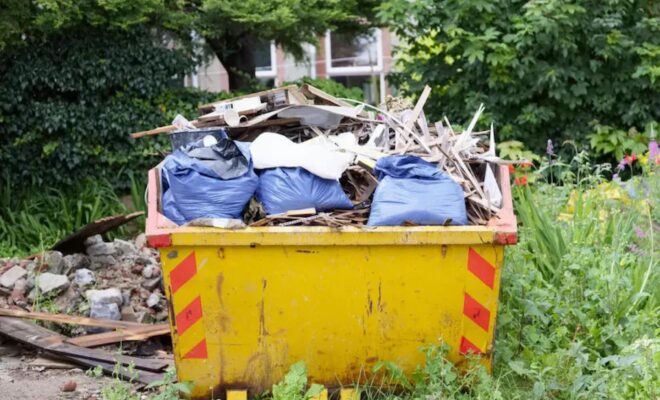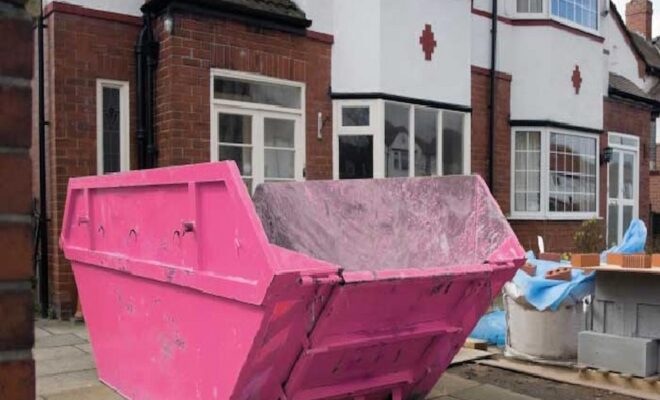7 Signs That Suggest Your Radiator Requires Bleeding

Radiators are essential to any home heating system, ensuring warmth and comfort during colder months. However, it can lead to a chilly and uncomfortable home when they aren’t functioning correctly. One common issue that affects radiators is the need for bleeding. This process involves releasing trapped air within the radiator, allowing it to heat up efficiently. But how to tell if radiator needs bleeding ? Here are seven clear signs to look out for.
Uneven Heating
Uneven heating is one of the most apparent signs that your radiator needs bleeding. If you notice that the bottom of the radiator is hot while the top remains cold, it’s a clear indication that air is trapped inside. This trapped air prevents hot water from circulating properly, leading to an inefficient heating system. Regularly checking your radiator for uneven heating can help you identify the need for bleeding before it becomes a more significant issue.
Strange Noises
Radiators are typically quiet when operating correctly. If you hear unusual noises like gurgling, banging, or rattling, it’s a vital sign that air is trapped in your radiator. These noises occur as the water struggles to circulate the trapped air pockets. Bleeding your radiator can release this trapped air, eliminating noise and restoring quiet operation.
Cold Spots
If you find specific cold spots on your radiator, it is another indication that air is trapped inside. These cold spots usually occur at the top or in specific radiator sections, preventing them from heating up uniformly. Cold spots reduce the efficiency of your heating system, leading to higher energy bills and a colder home. Addressing these cold spots by bleeding your radiator ensures even heat distribution.
Reduced Overall Heat Output
Have you noticed that your home doesn’t feel as warm as it used to, even though your heating system is on full blast? Reduced overall heat output from your radiators could indicate they need bleeding. When air gets trapped, it displaces hot water and reduces the radiator’s ability to emit heat effectively. Bleeding your radiator can restore its total heat output, keeping your home warm and cosy.
Increased Energy Bills
An inefficient radiator can lead to higher energy consumption as your heating system works harder to reach the desired temperature. If you’ve noticed an unexplained increase in your energy bills, it might be due to air trapped in your radiators. Regularly bleeding your radiators ensures they operate efficiently, potentially lowering energy costs and strain on your heating system.
Slow Heating Response
If your radiator takes longer than usual to heat up, it might indicate that bleeding is required. The slow heating response is often due to air blocking the flow of hot water. When you bleed the radiator, you allow the trapped air to escape, enabling hot water to circulate freely and heat your room more quickly. This can significantly improve the responsiveness of your heating system.
Visual Inspection of the Radiator Valve
A simple visual inspection can sometimes tell if your radiator needs bleeding. If you notice water leaking around the radiator valve or see rust spots, it might indicate that air is trapped inside. While bleeding won’t fix leaks or rust, it can prevent further damage by ensuring your radiator operates correctly. Regular maintenance, including bleeding, can extend the lifespan of your radiator and heating system.
Conclusion
Keeping your radiators in top condition is crucial for maintaining a warm and efficient home. Recognising the signs that suggest your radiator needs bleeding is essential to this maintenance. Uneven heating, strange noises, cold spots, reduced heat output, increased energy bills, slow heating response, and visual indicators are all clear signs that it’s time to bleed your radiator. Addressing these issues promptly ensures your heating system runs efficiently, providing you with the comfort and warmth you need during the colder months. Regularly bleeding your radiators enhances their performance, helps reduce energy costs, and prolongs their lifespan. So, next time you notice any of these signs, take action and bleed your radiators to keep your home warm and cosy.














